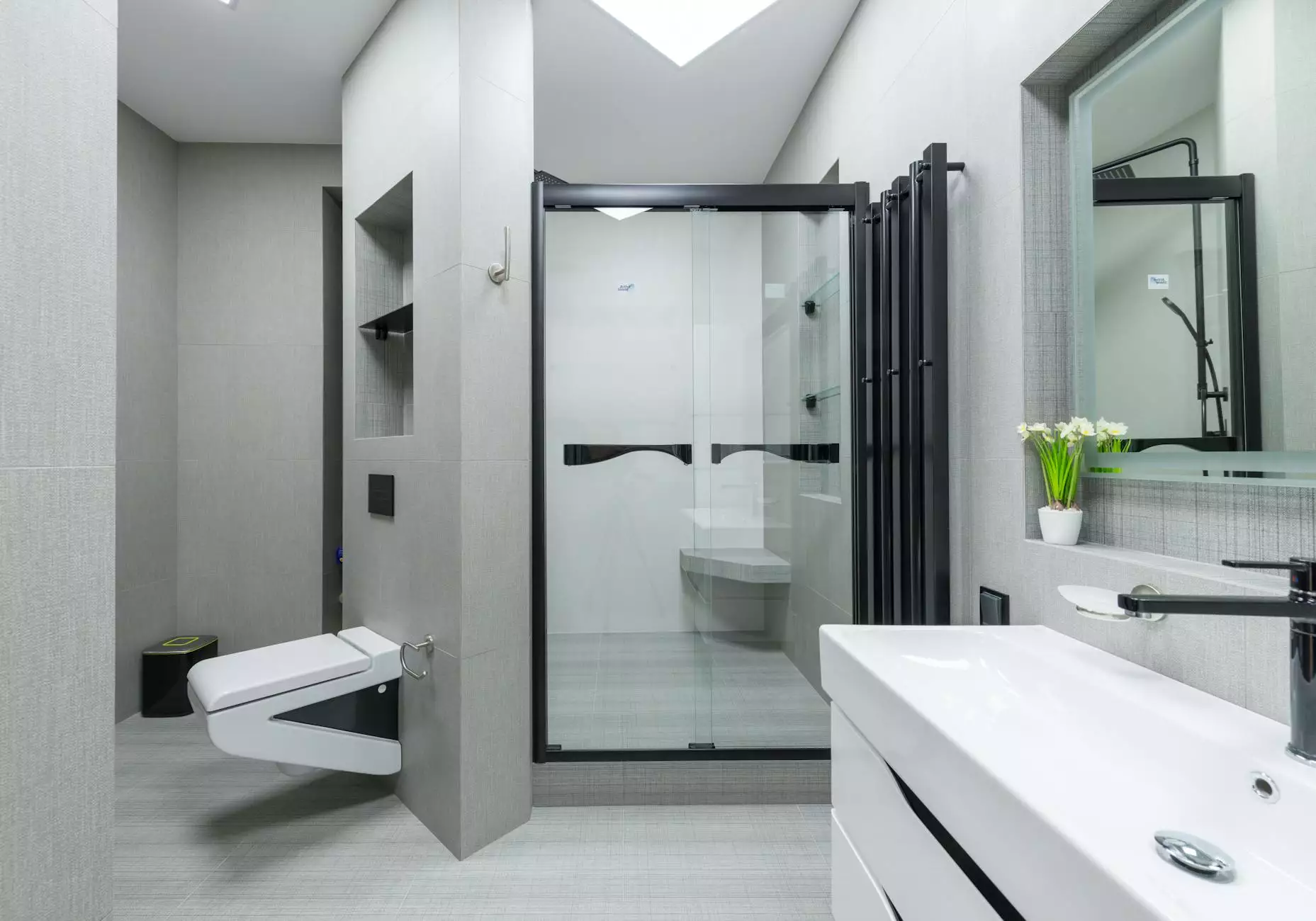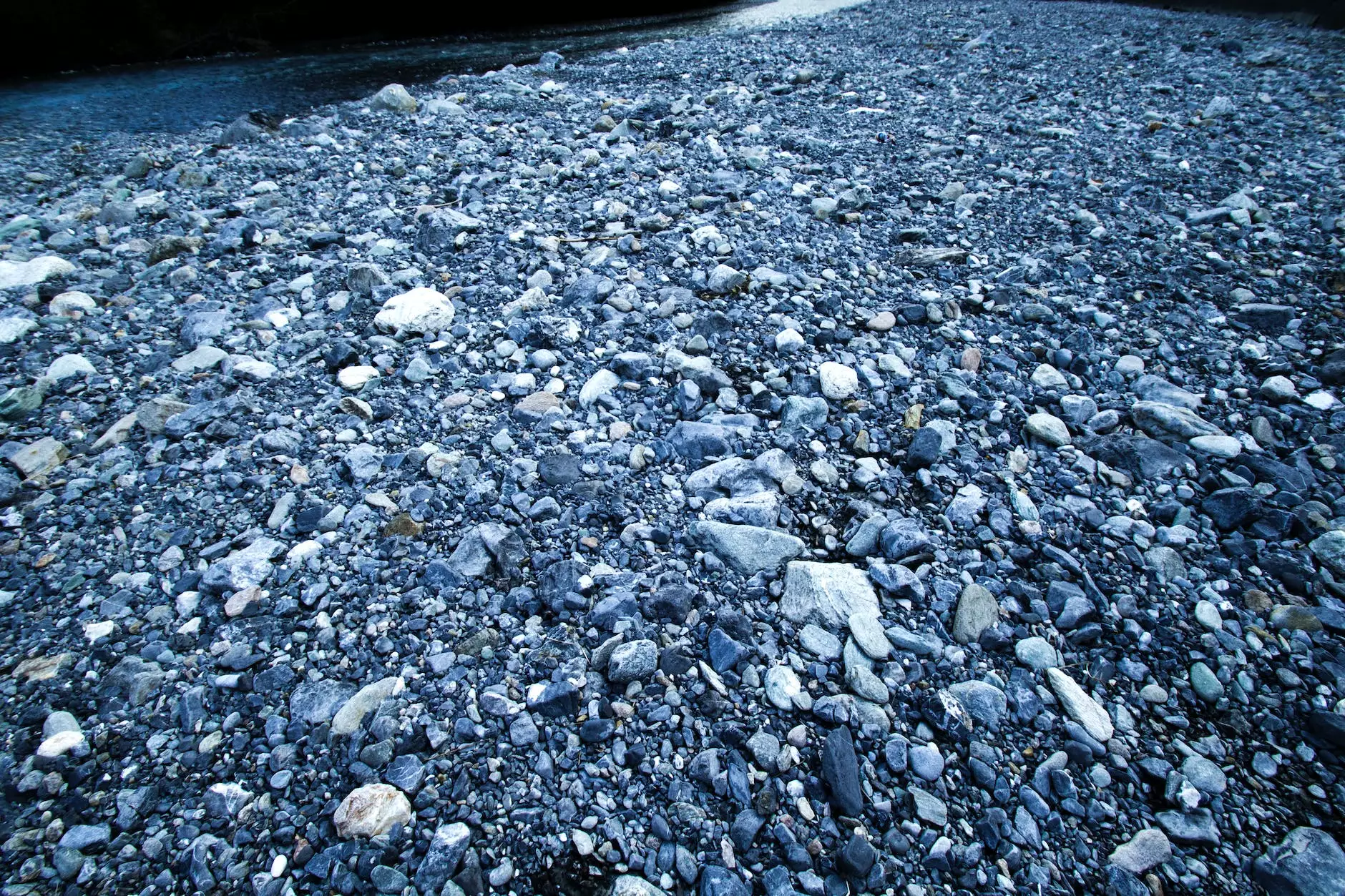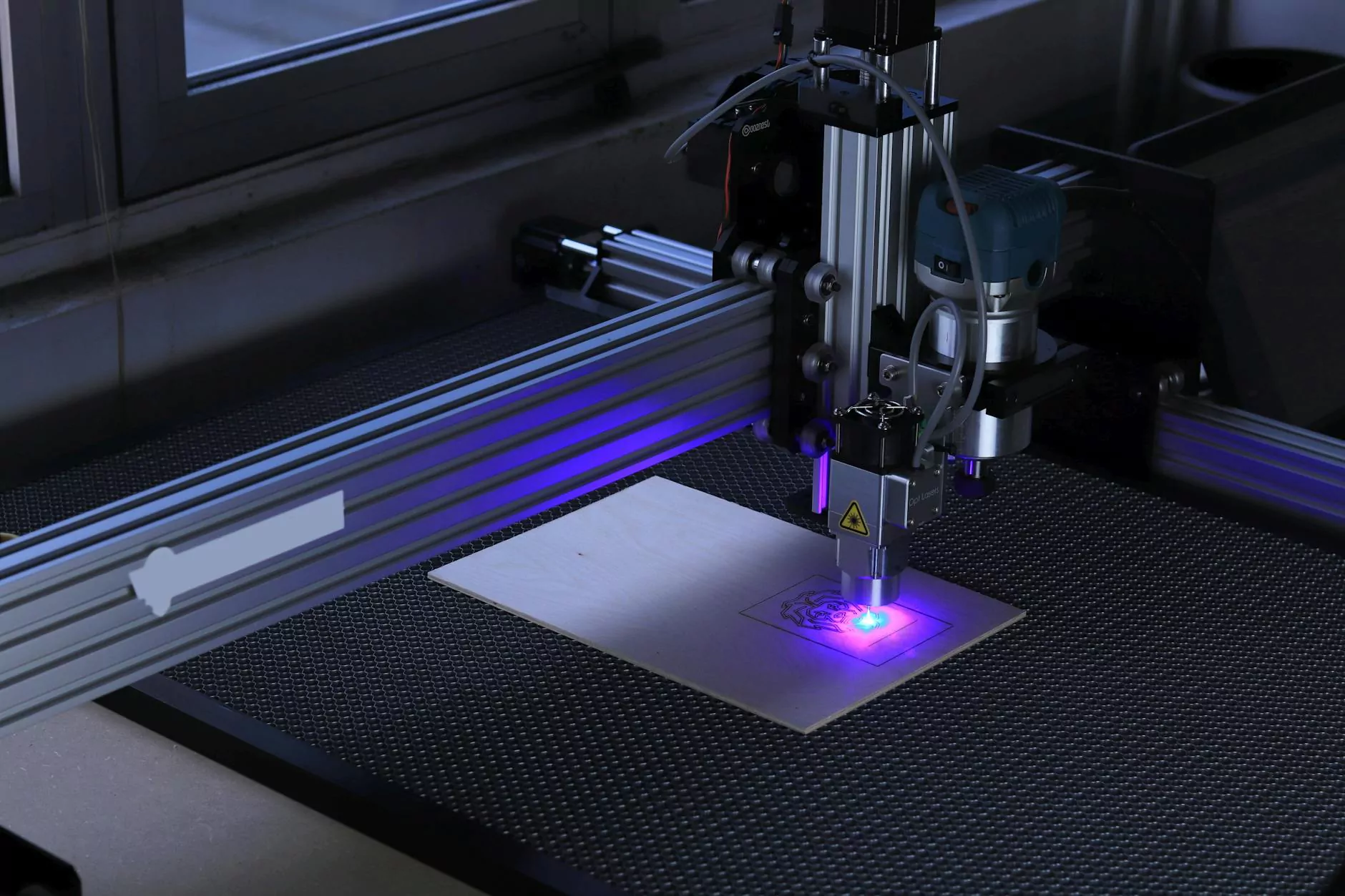Understanding Water Treatment Equipment

The significance of water treatment in today’s industrial and domestic landscapes cannot be overlooked. In an era where clean and safe water is not just a luxury but a necessity, having the right water treatment equipment is crucial for effectiveness and sustainability. This comprehensive guide will delve into various aspects of water treatment equipment, covering its types, applications, and the myriad benefits it provides.
What is Water Treatment Equipment?
Water treatment equipment refers to the systems and technologies used to enhance the quality of water by removing contaminants, impurities, and harmful substances. This equipment can be employed in a range of settings, from industrial plants to residential homes, ensuring that the water supplied is safe for consumption and use.
The Importance of Water Treatment
Water is essential for life, and its purity is paramount. The importance of water treatment lies in its ability to:
- Protect Human Health: Proper treatment eliminates pathogens and toxic chemicals, significantly reducing health risks.
- Preserve Environmental Quality: By minimizing contamination, water treatment aids in protecting ecosystems.
- Enhance Water Quality: Treatment processes ensure that municipal and private water supplies meet health standards.
Types of Water Treatment Equipment
The category of water treatment equipment is vast, encompassing various technologies tailored for specific needs. Below are some of the most prevalent types:
1. Filtration Systems
Filtration systems are designed to remove solids, sediment, and some bacteria from water. They come in diverse forms:
- Sand Filters: Efficiently remove particulate matter through layers of sand.
- Activated Carbon Filters: Excellent for removing chlorine, odor, and taste from water.
- Reverse Osmosis Systems: Utilize a semi-permeable membrane to eliminate contaminants at a molecular level.
2. Chemical Treatment Equipment
This equipment uses chemicals to treat water, suitable for complex contaminant removal. Common chemical treatments include:
- Chlorination Units: Disinfect water by killing pathogens.
- pH Adjustment Systems: Modify water acidity to protect plumbing and enhance treatment efficiency.
- Flocculants: Aid in particle aggregation, making them easier to filter out.
3. Ultraviolet (UV) Disinfection Systems
UV disinfection systems utilize UV light to eliminate bacteria, viruses, and other pathogens without the use of chemicals, making it an eco-friendly option.
4. Water Softening Equipment
Water softeners remove minerals like calcium and magnesium that cause hard water issues. They typically employ ion exchange processes to improve water quality.
5. Desalination Systems
Desalination units convert seawater or brackish water into freshwater, which is crucial in areas facing freshwater scarcity. Reverse osmosis is the most common method used in these systems.
Benefits of Investing in Quality Water Treatment Equipment
Investing in high-quality water treatment equipment yields numerous benefits, including:
- Improved Health and Safety: Quality equipment ensures that the water is devoid of harmful contaminants, safeguarding health.
- Cost Efficiency: Efficient systems reduce water waste and lower operational costs over time.
- Environmental Protection: Proper treatment practices minimize environmental damage caused by contaminated water sources.
Choosing the Right Water Treatment Equipment
Selecting the appropriate water treatment equipment can be daunting. Here are essential factors to consider:
1. Water Quality Testing
Conducting a thorough analysis of your water quality is crucial to identify the specific contaminants requiring treatment.
2. Flow Rate and Usage Requirements
Understanding your flow rate needs helps in selecting equipment that can handle the demand efficiently.
3. Budget Constraints
Determine your budget and assess the long-term operational costs versus the initial investment costs.
4. Maintenance Needs
Consider the maintenance requirements and ensure that you can manage the upkeep of your chosen system.
Applications of Water Treatment Equipment
The uses of water treatment equipment span across various sectors, including:
1. Industrial Applications
Manufacturing sectors rely heavily on clean water. Equipment is utilized in:
- Cooling processes
- Cleaning and sanitation
- Product formulation
2. Agriculture
Water treatment is crucial for irrigation, ensuring plants receive pathogen-free water, thereby enhancing crop yields.
3. Municipal Water Supply
Cities use comprehensive water treatment systems to provide safe drinking water to their populations.
4. Residential Use
Homeowners utilize water treatment equipment to ensure their household water is safe and pleasant to drink.
Conclusion: The Future of Water Treatment Equipment
The need for safe, clean water is ever-increasing, pushing advancements in water treatment equipment technology. As we move towards a more sustainable future, innovations such as smart water treatment systems and eco-friendly treatments will become critical.
Investing in the right water treatment equipment is not only beneficial for human health but also for the environment. By selecting quality systems from reliable suppliers like bimakskimya.com.tr, you're ensuring the purity and safety of water for years to come.
For more information on our water purification services, water suppliers, and water stores, visit bimakskimya.com.tr.









